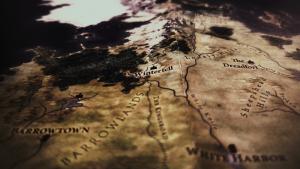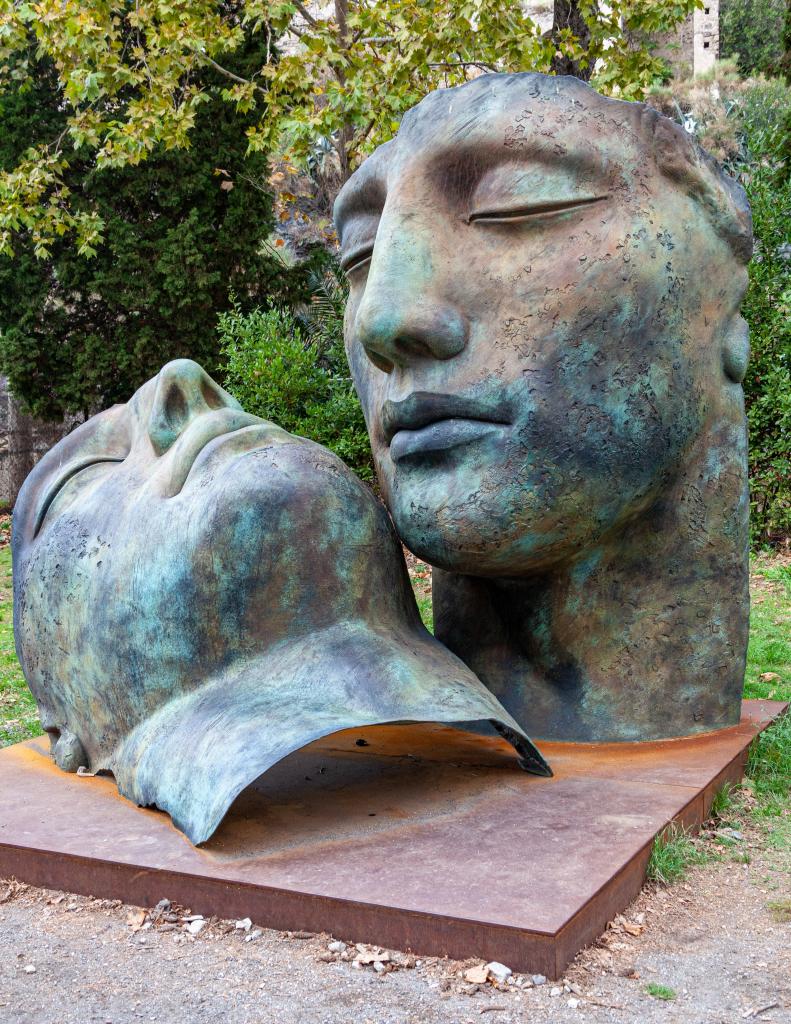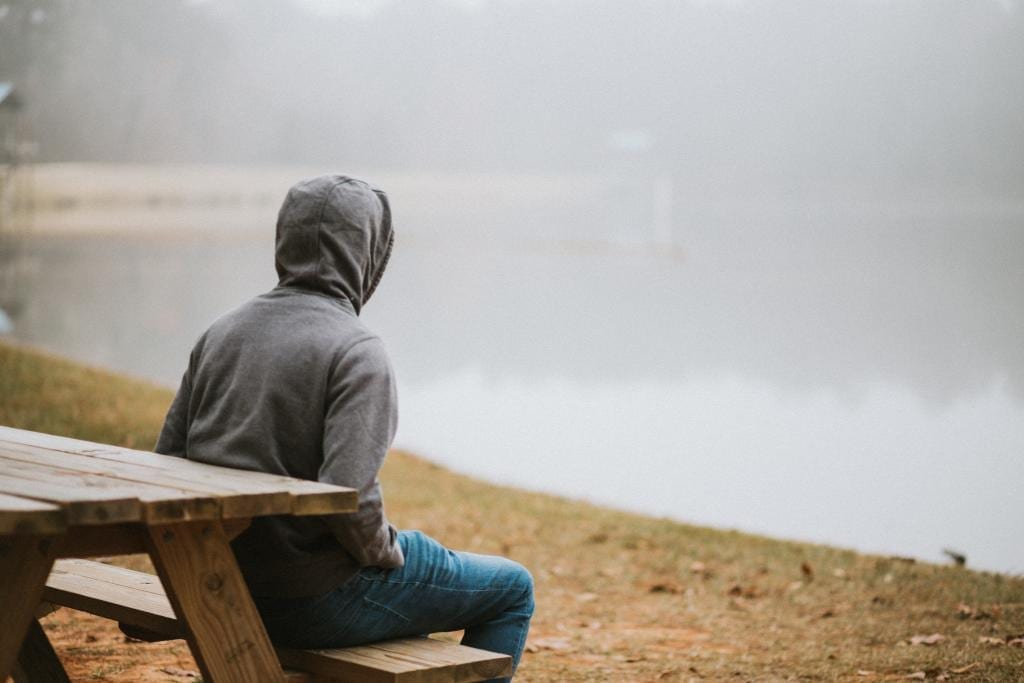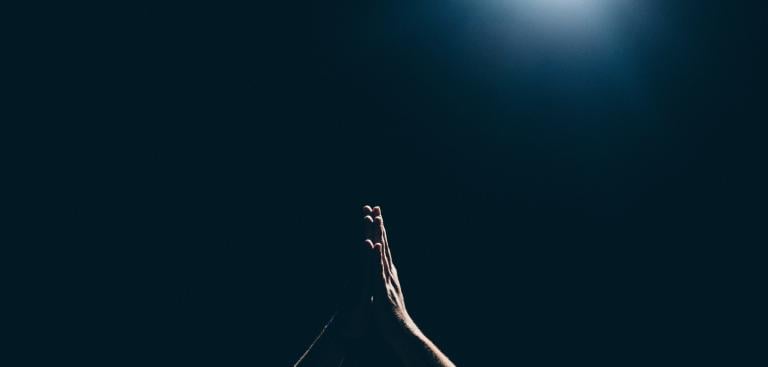Note: this is primarily written for Game of Thrones fans and contains spoilers.
Game of Thrones is not exactly first-rate source material for contemplatives. Its visceral brutality surely turns off the most earnest seekers of love’s path. Yet, I’ve always been one to look for spiritual depth in unlikely cultural places, and like many, I’m rewatching the show in anticipation of April’s season eight. One of the moral arcs of Game of Thrones can be summed up by which battle one joins: the battle against the dead, led by the Night King; or the warring factions of the Seven Kingdoms. It’s a story that chronicles the rise of a chilling enemy and asks people to overcome all bigotry, hatred, historical wrongs, and geographical rivalries to fight it. What’s more, for the people who join that fight, it will require an entirely different operating system of consciousness. Just ask Jon Snow what it takes to persuade people to unite.
Jon Snow asks the Night’s Watch to welcome wildlings from beyond the Wall, because all hands are needed on deck when the Night King’s army arrives. The Night’s Watch has defined itself for thousands of years on fighting people who live beyond the Wall. In a fantastic metaphor paralleling the President’s Wall-obsession, the 700+ foot Wall is constructed millennia ago to keep out those very undead “white walkers.” But over the many years, lacking an actual enemy, the less astute of the Night’s Watch tell a hate-based myth that the Wall is intended to keep out other human beings. The men-in-black take a quasi-monastic vow to serve the “protectors of the realm of men,” by which they mean the realm of people who live within their borders. The “free folks” who live to the North, well, they’re not considered real people. Jon Snow brings wildlings into Castle Black and past the wall, breaks an ancient code of bigotry, and dies for it.

Jon Snow proceeds to sound the “Army of the Dead” alarm to whomever will listen—and his urgent pleas level a choice to the hearer. This choice is to set aside difference for a greater unity and purpose, or to wage smaller battles and pretend that the threat—of White Walkers, climate change, white supremacy, economic inequality, pick your metaphorical interpretation—isn’t real.
So, when Jon asks Daenarys Targaryen to join the fight against the Night King and the dead, he is asking her to place on hold her lifelong desire to conquer Westeros for a more urgent and ultimate battle. Likewise, when Daenarys, Jon, and company visit Cersei—bearing a dead wight, no less—to try to persuade her to set aside mordant nihilism for a common good—Cersei is given the opportunity to choose life instead of death. Of course, Cersei, fulfilling the evil queen archetype to the “t,” chooses betrayal and short-term survival instead.
But what Jon is asking is no small matter: it is nothing less than a transformation of consciousness. As contemplative teacher Cynthia Bourgeault puts it, we all participate in the “ego’s [or egoic] operating system.” Whether it is our consumer choices of this or that cereal, the binary of male and female gender, the fierce commitment to political parties, or the warring allegiance of Game of Thrones Houses, we typically see reality in splits. Some of these splits are necessary, as I’ve written before: the code that went into making the WordPress program on which I’m posting this blog. Or the choice for me to decide either to wake up early before the kids and meditate or roll over and sleep another hour. Sometimes I need that extra sleep! There is, however, contemplative teachers agree, a deeper and more holistic order of being. Some call this nondual consciousness. A consciousness that perceives in more whole ways, holds differences with spaciousness, and sees the larger field of reality.
A consciousness that gives one the interior freedom from anti-wildling bigotry, House allegiance or the lure of Westeros political power to join with Jon Snow.
Photo by mauRÍCIO santos on Unsplash











